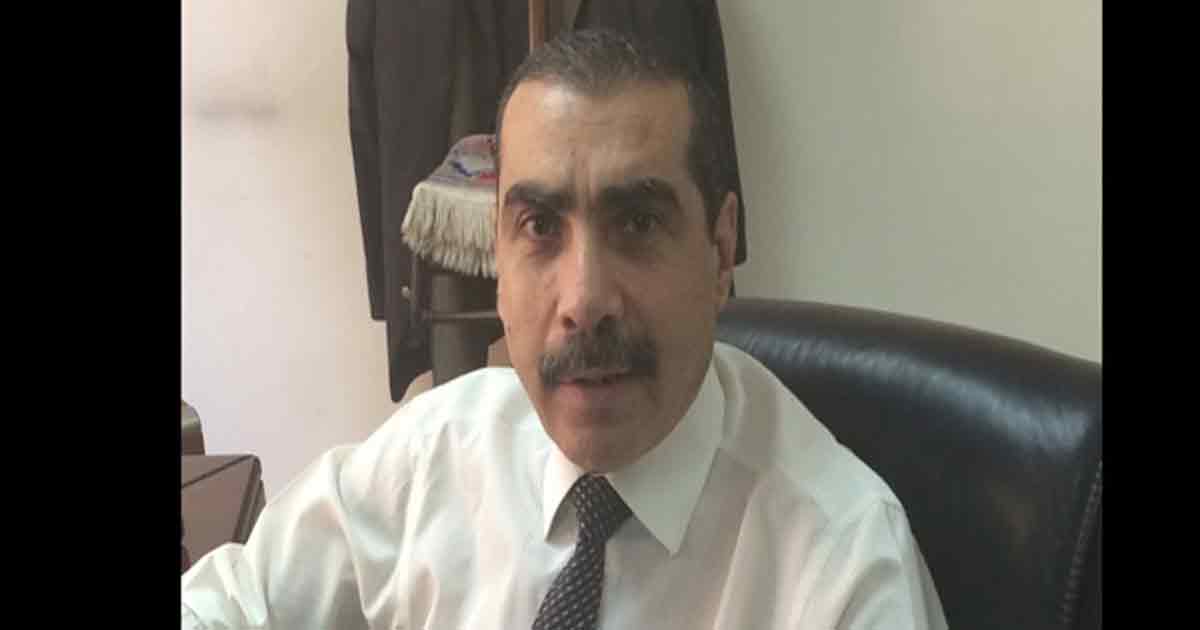Negotiations with a strategic investor are underway to join the Saudi Egyptian Holding Group
GCC countries regard Egypt’s stability as a safety of their own
There must be an economic integration between Egypt & GCC
The Emirati deposit will sustain Egypt’s foreign currency reserves
By Mahmoud Hammad
In an interview with Middle East Observer, Managing Director & CEO of the Saudi Egyptian Holding Group Dr Ahmed Saad said the company is reviewing joining a new strategic partner to it, provided that it would represent an added value to the group. He pointed out that the GCC-Egyptian rapprochement and economic integration must persist. There must be a proper environment and legislations along with constant political support.
GCC countries are politically stable, contrary to others in the region, so by achieving these requirements, integration will be accomplished on the long-term, leading to strong economic bloc. Dr Saad, the man who enjoys more than 26 years experience in investments and money markets, has also discussed the dollar crisis and whether or not it caused companies to reassess their assets, First tell us about the Saudi Egyptian Holding Group, The group and its subsidiaries work in money market.
It has a company for managing portfolios, one for financial consulting, and another for investing in securities. Most of the group’s shareholders are Saudis.
How do you see the growing rapprochement between Egypt and GCC countries, especially KSA, and its influence on the Egyptian economy?
Well, here in Egypt, we regard this rapprochement as a support to the economy, whereas back in Gulf they view it from a political security perspective. For, the Arab gulf is keen on preserving Egypt’s stability and undermining its problems, since this brings a feeling of safety in the entire Arab region.
This close partnership, in its current form, is very expensive for GCC, as it is required to provide support to Egypt from time to time. Yet, there must be an economic integration between the 2 sides that would lead to an economic bloc and consequently a state of political security.
KSA is now most interested in moving away from an oil revenue-based economy to a more diversified one, which paves the way for more cooperation with Egypt.
What does an Egyptian-Saudi economic integration mean?
It means benefiting from the economic resources and privileges that each of the two countries enjoys, through establishing factories, boosting manufacturing, and easing the flow of products across their borders with more simplified customs rules.
It is undeniable that Egypt is a highly consuming market that has very skillful labour and professional experts. Consequently, there must be a proper environment and legislations and constant political support. GCC countries are politically stable, contrary to others in the region, so by achieving these requirements, integration will be accomplished on the long-term, leading to an economic bloc.
In fact, GCC countries are in a dire need to Egypt, and now is the perfect chance for it to be part of the council. We cannot say that these countries are wealthier than Egypt, because it enjoys abundant natural and human resources.
Will the expected Emirati deposit sustain Egypt’s foreign currency reserves?
Yes, indeed it will, which would in turn help settle the dwindling dollar crisis for several months. Moreover, the foreign reserves are basically used in emergency cases, so part of this deposit will be used to confront the current crisis.
How do you see the Egyptian Stock Market’s (EGX) performance and trends?
For a start, we have to stress out that the stock market is not just a reflection of the economy, but it anticipates what about to happen in the market. Based on scientific studies, a bourse can project the economic situation up to 6 months to come. Downward and upward trends at the market are a result of the investors’ expectations over the status-quo and ongoing events and comparing those to previous ones. They are also the outcome of announced figures, which affect the trading.
I have conducted an analysis on EGX’s performance at the times of the world economic crisis and revolution and post-revolution, and a study on the investors’ trends during the past period. I have found, as a result, that no matter how massive the crisis is, the market turns from one trend to another, whether upwards or downwards, within no more than 12 months.
Does the analysis cover the 2016 first quarter?
Yes, as I have expected that EGX will revitalize and see an upward movement, during the 1st quarter of this year, which has indeed happened.
What about the impact of the dollar crisis on the companies’ assets?
The dwindling dollar problem and the subsequent surge in exchange value drove companies to reassess their assets and increase their worth. Therefore, stocks of any of these companies that are traded in bourse will increase, regardless of its performance, which would prompt its business results to grow. Despite the high cost of products in some of these companies, they will increase profit margin. Consumers are the ones who eventually incur this rise.
What are the reasons that contribute to flourishing the money market?
Higher interest rates at national banks results into higher financing costs for companies which will resort, in turn, to the stock market to get the fund they need, since it is a cheaper source than banks. In addition, officials should positively activate bonds, instead of turning to increase capitals through the bourse. This scenario is what makes the market revitalize.


